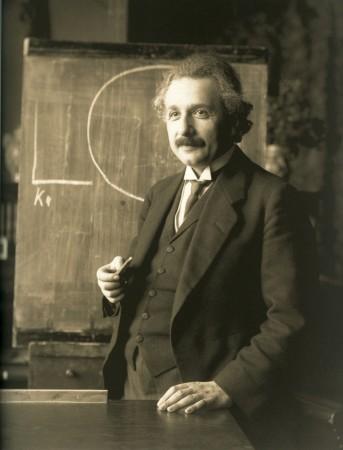
One of science's greatest minds of all-time, Albert Einstein, was born on March 14, 1879. This Nobel Prize winner shares his birthday with Pi Day, a celebration of this special never-ending number.
Meet the five eccentric physicists who changed the world of science
But though it's his 138th birth anniversary, here are five things you still don't know about this science prodigy:
- Though slow at verbal skills, Einstein never failed in school
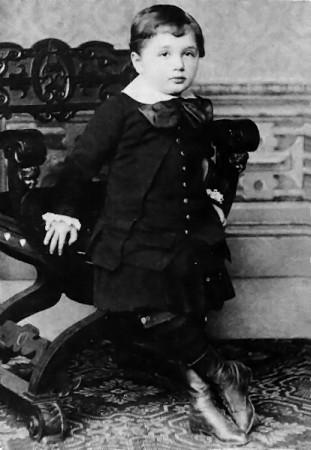
Even though it is true that Einstein did not start speaking fluently until he was about seven years old as he suffered from Asperger syndrome, a developmental disorder affecting ability to effectively socialise and communicate, Einstein never failed in school.
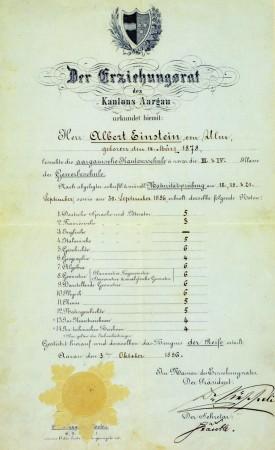
Even though the rumours of Einstein being poor in studies give his life an ironic effect, it's not surprising that he excelled in physics and maths from a young age and studied calculus when he was only 12 years old. The misconception was born during one of his years at school, when the school officials changed the grading system by making A's into F's and vice versa, thus confusing many.
- Noble prize for photoelectric effect
While his E=MC2 formula, which depicts the special relativity theory, is indeed one the greatest contributions of Einstein, it is not this theory that won him the laurel for physics in 1921. It was the "discovery of the law of the photoelectric effect" that he was honoured for.
- He co-invented fridge
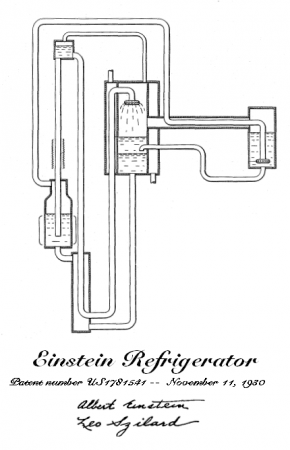
In 1926, Einstein and his former student Leó Szilárd designed a new kind of appliance called an absorption refrigerator. This fridge was jointly made by the duo to stop the leakage of perilous chemicals like methyl chloride, ammonia and sulfur dioxide. According to How Stuff Works, Science, the device which was patented in 1930, relied on the principle that liquids boil at lower temperatures when exposed to lower atmospheric pressures. As pressure in the pipe above the butane reservoir dropped, the butane would boil off, drawing in heat from its surroundings and lowering temperatures in the fridge. Because it had no moving parts, the appliance would last as long as its casing.
- His brains and eyeballs were stolen
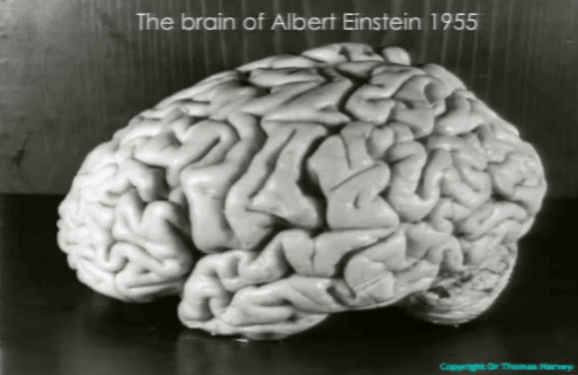
Though Einstein wanted his body to be cremated and his ashes scattered secretly to avoid the possibility of admirers making a shrine of his grave. Pathologist Dr Thomas Harvey stole the genius's brain and his eyeballs which he gave to Einstein's eye doctor Henry Adams. Determined to find out what made Einstein so smart, Harvey hid the brain in many places before finally returning it to Princeton, as he moved around a lot and also lacked funding and expertise needed to experiment on the brains of Einstein.
- He despised wearing socks and loved sailing
Famous for his dishevelled look, the genius hated wearing socks as his big toe always ended up making a hole in a sock. In fact, he wrote to his wife in a letter saying, "even on the most solemn occasions, I got away without wearing socks and hid the lack of civilisation in high boots." But despite being a lousy sailor, which Einstein admitted himself, he had taken up sailing as his hobby while in college. Besides, he did not know swimming either.

















